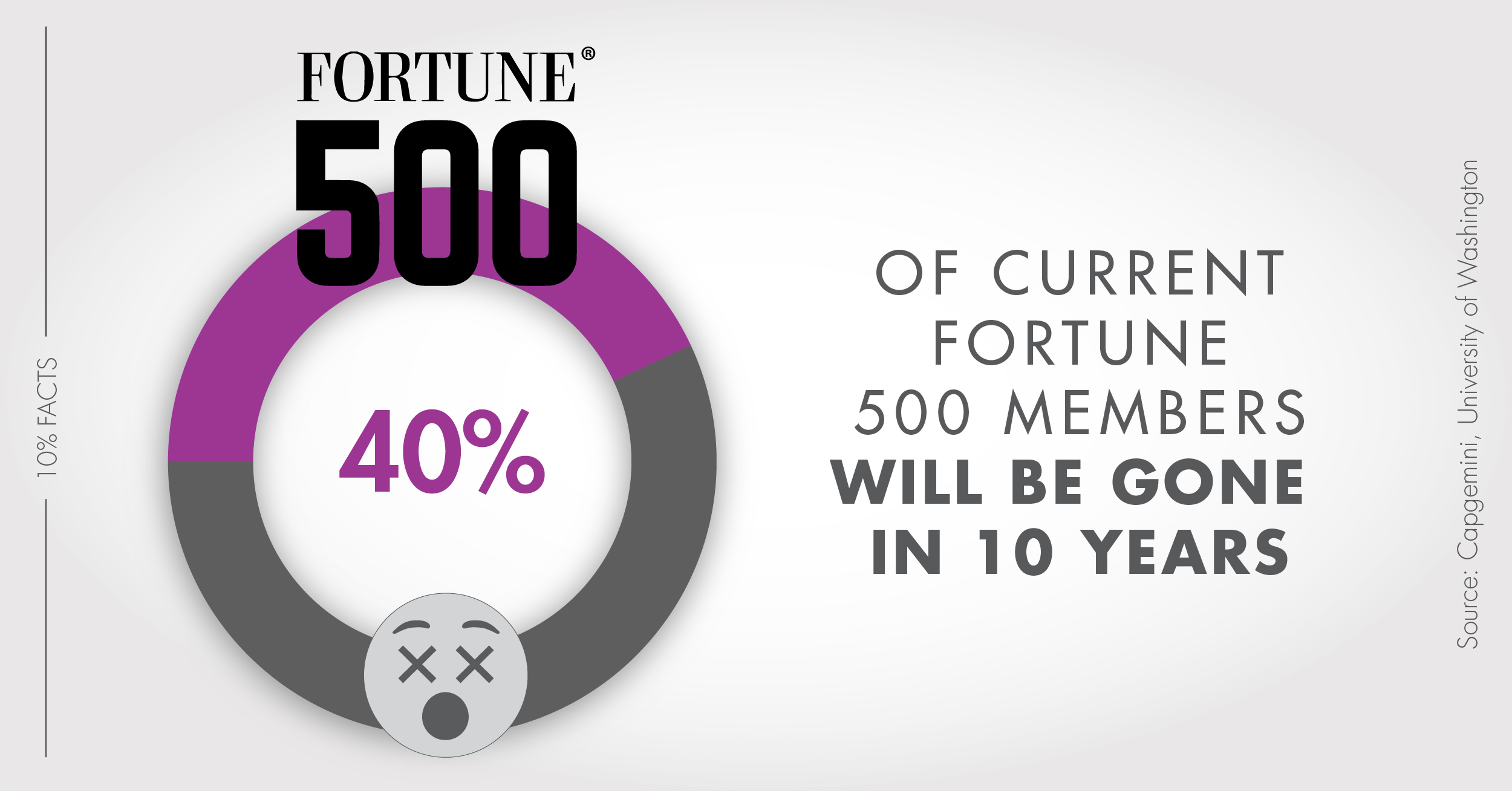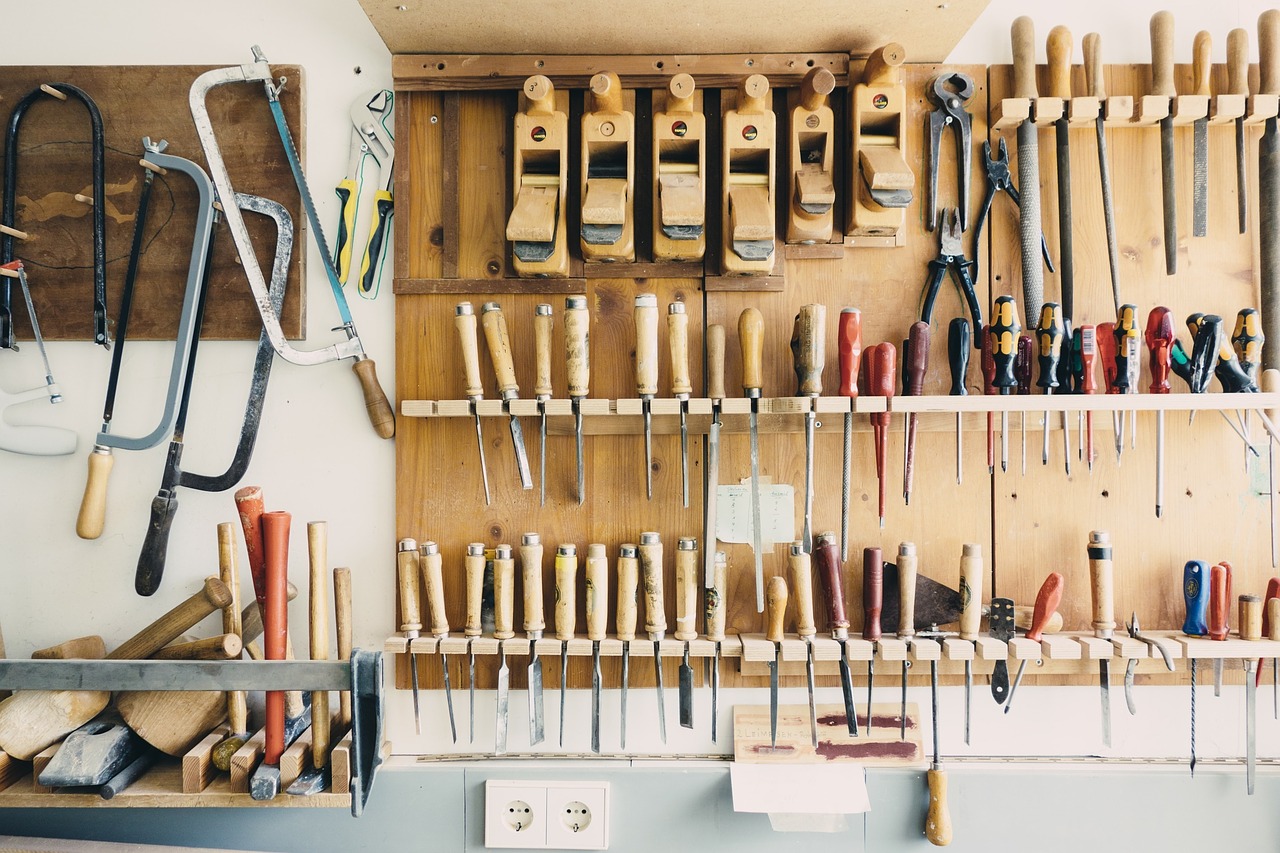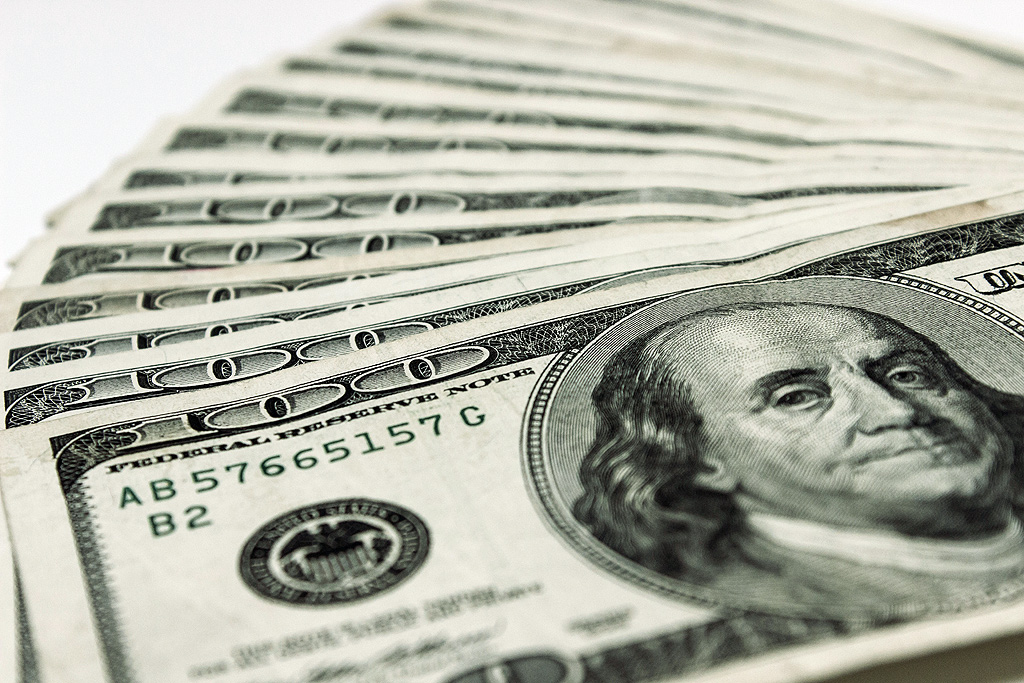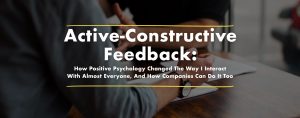Most life plot twists tend to come out of nowhere.
Sometimes, you can prepare yourself before the tide hits, but it it’s not built to withstand the storm, you can be dragged out to sea.
In the aftermath of a sudden shakeup, it’s natural to wonder what you could have done differently and to look for ways to make sure that you’re better prepared next time. Establishing a strong Plan B is the key to surviving and maybe even thriving despite the chaos.
What does this Plan B look like: It’s your side venture. So if you’re going to be diversified and ready the next time a crisis hits, it’s time to get started. When it comes to building your 10%, there’s no time like the present.
Remember 2008? No Institution is Safe From a Major Crisis
Soon, we’ll be “celebrating” the 10 year anniversary of the 2008 housing market crash. Beyond assessing whether Wall Street has learned anything and can avoid another crisis, here’s what you should be doing.
Don’t wait until you see the sequel to The Big Short. Take a look at this stat from Capgemini and the University of Washington:

YIKES!
I’ll give you a minute to digest what you just read: 40%, wiped out, gone the way of the flip phone, in ten years.
No wonder many workers, especially Millennials, are looking to change jobs much more often than their parents.
Let me set something straight, though: protecting yourself is not about being fickle or non-committal to your day job. It’s about looking out for your own future. But, what if leaving your day job every few years isn’t something that you don’t want to (or can’t) do?
That’s why you’ve got to think about diversification.
The Jack of Few Trades, Master of All
Millennials have also been leading the trend of workers looking to build a profitable side hustle, which can provide income outside of their day jobs. By making money on the side, they can deal with the enormous costs of college education, pay their student loans and handle the crazy cost of living in some cities (hello, NYC!)
While Millennials love their side hustles, other generations may still feel hesitant about diversifying. They may think stats like the one I highlighted above won’t apply to them. Or they may think they lack the time, money or energy to do something about it.
If this sounds familiar, let me say this: remember 2008 (or 2001 or 2000 or 1987): you cannot afford to let the world happen to you - you need to take action.
Here are four reasons why you should build a diversified career and a diversified life:
1. You Can Test (and Build on) With Your Skills and Talents

Everyone has one (or several) areas of interest you’d like to explore further. Maybe you can even build something profitable out of them. Maybe you’ve always wanted to do exactly that, but life, or a tough day job, got in the way and you’ve been unable to make it happen.
If you’re looking to make space in your life for a side hustle, try to find a side project that is rooted in the things that you actually enjoy doing - perhaps a passion or a hobby or that thing you’ve always wanted to do. This approach has two key advantages: you get to spend time building a meaningful project out of something you love, and, if you’re one of those people who “doesn’t have the time” to keep up with those hobbies because of you’re busy, you’ll make some dedicated space to do so.
No excuses.
Working on something you enjoy while keeping a day job also gives you a much needed safety net. If, after a reasonable amount of time, you discover that your project is better left as a hobby, you can move on. No harm, no foul. You’ll have learned something new and you won’t have lost too much time or money in the process.
2. Connect With Others

The 9-5 life can get a little tedious, especially if you’ve been doing it for a while. Every once in a while, it’s important to inject some new blood into your social life.
With your extracurricular ventures, you’ll get to meet other people who are also passionate about the same things you are. Think of it as a healthy dose of networking, without the blah blah blah and the fakery.
Even better, you’ll get the chance to show a new side to the people who are already in your life. You may even create a 10% contagion effect in your social circle!
3. Bring What You've Learned to Your Day Job

As time goes by, you’ll realize that many of the insights and solutions you come up with in your side hustle can be replicated in your day job.
This doesn’t necessarily mean that if your 10% is about making cakes, you’ll be the designated birthday cake maker at your office (unless you’re up to the task, and get paid!). But, you’ll find come to the office every day with a new set of transferrable lessons that you can apply to your work and that will make you more successful and far more entrepreneurial.
4. Upside!

If you’re feeling a little meh about the three reasons above(why?), then, Reason #4 should take the cake.
As your venture grows, you’ll generate additional income that can be used for many things. Some of them can be: mortgage payments, a rainy-day fund, saving for a big project in the future, or even a 10% Fund that you can continue to invest into you 10%. May’ve you’ll even make your 10% a 100%.
I do have to warn you about one thing here: this isn’t a get rich quick scheme. If you start your venture today, it doesn’t mean that by next Monday you’ll be rolling in cash. To build something truly solid, that can become your Plan B if things go awry, you have to start slow.
This is a key reason why the sooner you start building your side venture, the better off you’ll be in the long term.
There isn’t a golden formula to figuring out the ultimate Plan B and future-proof your career. It’s a process that takes time and a some sacrifice.
However, if you decide to build your first side venture before you truly need a plan B, you’ll be able to weather the darkest part of the storm and come out on top. Even if your day job is never affected by a crisis, you’ll still be better off because you’ve built a 10%.




